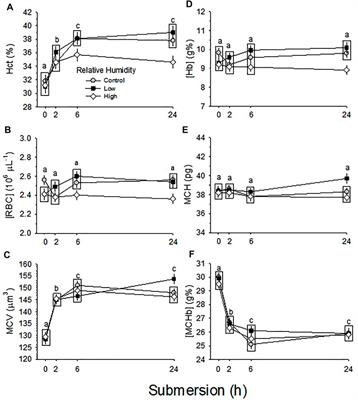EDITORIAL
Published on 13 Jan 2023
Editorial: Avian incubation conditions: Role in embryo development, physiology and adaptation to the post-hatch environment
doi 10.3389/fphys.2023.1130982
- 1,289 views
12k
Total downloads
55k
Total views and downloads
Select the journal/section where you want your idea to be submitted:
EDITORIAL
Published on 13 Jan 2023
ORIGINAL RESEARCH
Published on 16 Dec 2022

ORIGINAL RESEARCH
Published on 22 Jul 2022

REVIEW
Published on 15 Jun 2022
ORIGINAL RESEARCH
Published on 06 Jun 2022

ORIGINAL RESEARCH
Published on 31 May 2022

ORIGINAL RESEARCH
Published on 24 May 2022

REVIEW
Published on 23 May 2022

MINI REVIEW
Published on 16 May 2022

REVIEW
Published on 13 May 2022

METHODS
Published on 12 May 2022

ORIGINAL RESEARCH
Published on 07 Mar 2022

